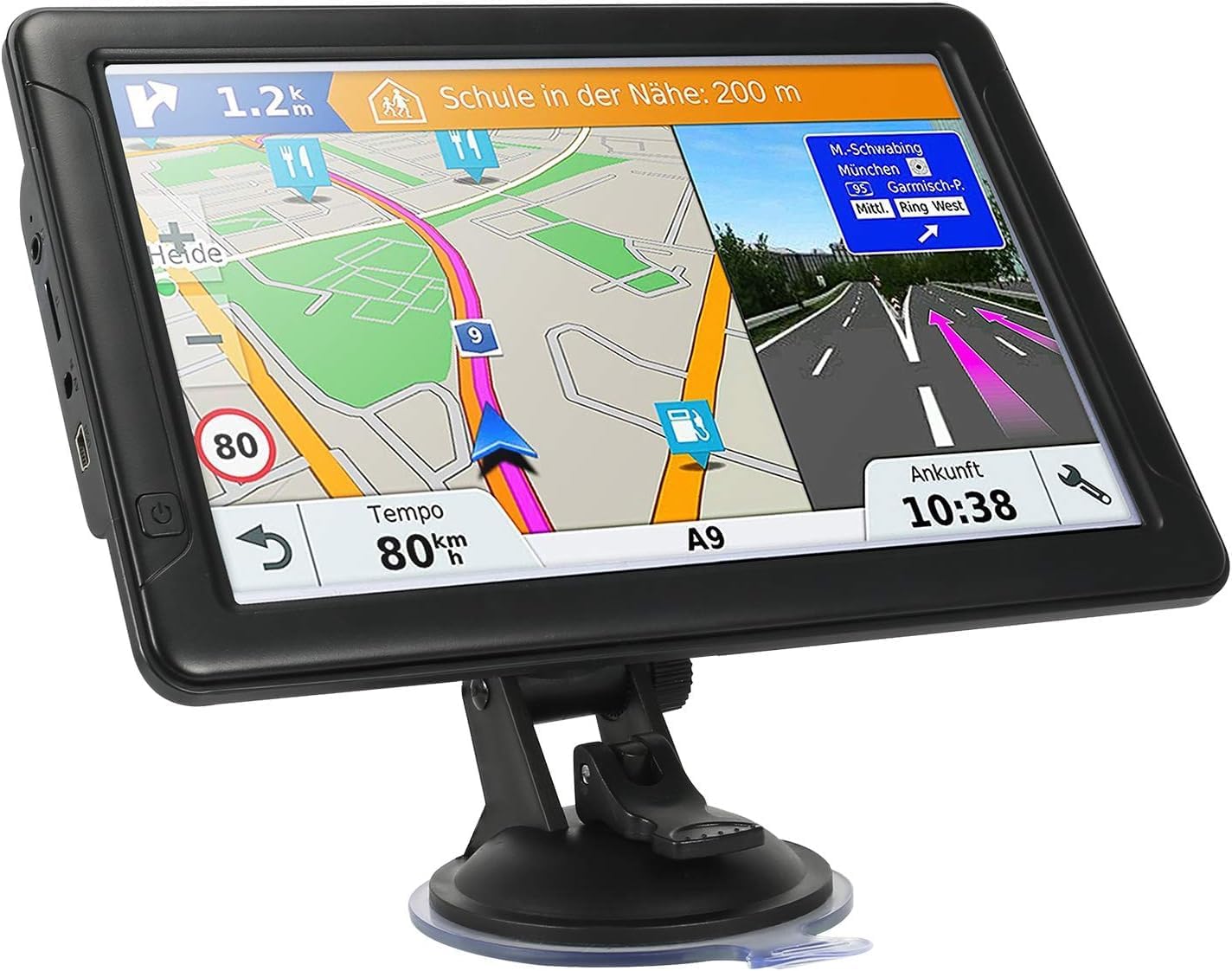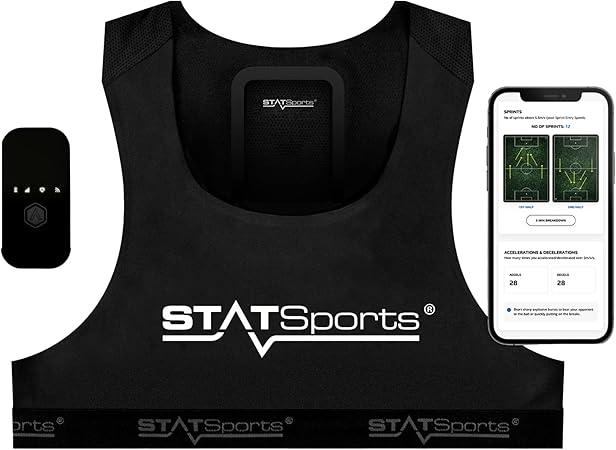Choosing between a dedicated car GPS navigator and using your smartphone for navigation is a common dilemma for drivers. Both options offer map guidance, but they differ significantly in functionality, reliability, and convenience. This detailed comparison will help you decide which option best suits your needs and driving style.
Dedicated Car GPS Navigators: The Pros and Cons
For many years, the car GPS navigator reigned supreme. These standalone devices offer a dedicated navigation experience, free from distractions typically found on smartphones. Let’s delve into the advantages and disadvantages:
Advantages of Car GPS Navigators:

- Dedicated Navigation Focus: Unlike smartphones, GPS units are solely for navigation. No notifications, calls, or app distractions will interrupt your journey.
- Simpler Interface: Car GPS systems often boast more intuitive interfaces, making them easier to use, especially while driving.
- Offline Maps: Many car GPS systems allow for offline map downloads, crucial for areas with poor or no cellular service. You won’t be left stranded without directions.
- Durable and Weather-Resistant: Designed for in-car use, these devices are generally more rugged and resistant to the elements compared to smartphones.
- Dedicated Mounting Options: Car GPS units typically include mounts for secure and easy placement on your windshield or dashboard.
- Faster Route Calculation (Sometimes): Dedicated processors sometimes make route calculation faster than on a smartphone, particularly in areas with complex road networks.
Disadvantages of Car GPS Navigators:

- Higher Initial Cost: Purchasing a car GPS navigator represents a significant upfront investment compared to using a smartphone.
- Map Updates: Map updates may require additional fees or subscriptions, adding to the overall cost.
- Limited Features: Car GPS navigators usually offer a more basic set of features compared to the versatility of smartphone apps.
- Technological Stagnation: Car GPS units tend to have a slower update cycle, meaning new features or technological improvements may lag behind.
Smartphone Maps: The Power of Integration
Smartphone maps have become increasingly popular, offering a compelling alternative to dedicated GPS devices. Let’s weigh their strengths and weaknesses:
Advantages of Smartphone Maps:

- Cost-Effectiveness: You likely already own a smartphone, eliminating the need for an additional purchase.
- Integration with other apps: Seamless integration with other apps allows for easy access to information about nearby restaurants, gas stations, or points of interest.
- Real-time Traffic Updates: Many smartphone map apps provide real-time traffic information, helping you avoid congestion and delays.
- Regular Updates: Smartphone map apps receive frequent updates, ensuring accuracy and access to the latest road information.
- Voice Control: Hands-free voice control allows for safer navigation, minimizing distractions.
- Versatility: Your smartphone isn’t just a navigation tool; it’s a phone, camera, entertainment center, and more.
Disadvantages of Smartphone Maps:

- Battery Drain: Using GPS navigation can significantly drain your phone’s battery, potentially leaving you without power.
- Distracted Driving: The allure of notifications and other apps can be a significant distraction while driving.
- Data Dependency: Smartphone navigation heavily relies on a cellular data connection. Offline functionality is usually limited or requires significant pre-download planning.
- Screen Visibility: Sunlight can hinder screen visibility, making it difficult to read map information in bright conditions.
- Mounting Challenges: Securing your phone safely and securely while driving can be challenging and requires a good phone mount.
- Potential for Data Costs: Using data for navigation can quickly rack up data charges if you’re not on an unlimited plan.
The Verdict: Which is Right for You?
The “better” option depends entirely on your individual needs and priorities. Dedicated car GPS units are ideal for drivers who prioritize a distraction-free, reliable navigation experience, especially in areas with poor cell service. They also offer a significant advantage for drivers concerned about battery drain and the dangers of distracted driving.
Smartphone maps excel in cost-effectiveness, feature richness, and integration with other apps. However, drivers must be mindful of potential distractions, battery life, and data usage. Consider using a phone mount and perhaps a car charger to mitigate some of the drawbacks.
Ultimately, the best solution might be a combination of both: using your smartphone for everyday trips with good cell service and relying on a dedicated GPS navigator for longer trips, areas with spotty service, or situations where you need a truly distraction-free experience.


